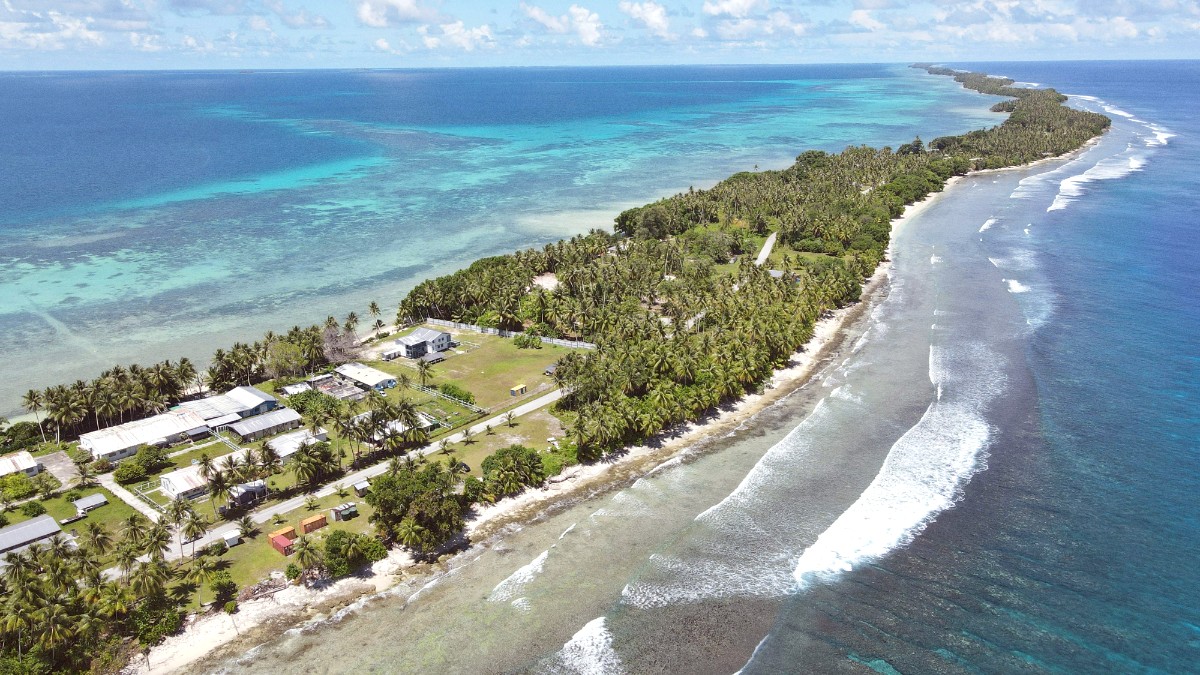
The Funafuti Conservation Area (FCA) is Tuvalu's main protected marine area. Efforts are underway to protect its coral reefs and marine biodiversity, which face threats.
Tuvalu faces challenges with waste management. Recycling facilities are very limited; most waste goes to landfill or is burned. Minimizing your waste, especially plastics, is a must.
Freshwater is a scarce resource in Tuvalu, mainly collected rainwater. Be mindful of your water usage. Take shorter showers. Turn off taps when not in use.
Your choices contribute to Tuvalu's delicate ecosystem. Choose responsible options.
Consider offsetting your flight emissions through reputable carbon offset programs. While not directly linked to Tuvalu, contributing to global climate action supports vulnerable nations.
No formal certification for eco-friendly accommodations exists in Tuvalu. However, you can make responsible choices when picking your stay.
Avoid single-use plastics entirely. Bring a reusable water bottle, coffee cup, and shopping bag.
Many community-led efforts focus on managing resources sustainably and addressing coastal erosion. Observe and support these local initiatives.
Being a conscious traveler contributes positively to Tuvalu's sustainability efforts.
Cultural sensitivity enhances your experience and supports a positive impact on the local community.
Efforts are made to preserve traditional knowledge, the Tuvaluan language, and cultural practices. These efforts often originate from local community groups, churches, and government initiatives.
Dress modestly, especially outside beach areas and when visiting churches or attending community events. Covered shoulders and knees are generally appropriate.
Be mindful of personal space and privacy. Avoid intrusive photography. Do not photograph children without explicit parental permission.
When visiting churches, dress conservatively with covered shoulders and knees. Remove your shoes before entering the church. Maintain quietness and respect during services or when people are praying.
Consider tour operators and clothing brands that align with ethical practices.
G Adventures for ethical tour experiences.
Find outdoor gear that aligns with sustainability at Patagonia.
Support reusable products from Package Free Shop.
Being aware of cultural norms and etiquette makes your visit more rewarding for you and the local community.
Your choices as a traveler directly influence Tuvalu's economy.
Small, family-run businesses are the core of community-based tourism in Tuvalu.
Your tourism dollars remain within the community when you support these.
This direct support helps local livelihoods and traditional skills.
Do not litter. Do not touch or damage coral reefs. Do not remove shells or coral from the beach or reef.
Avoid engaging in any activities that exploit people, animals, or natural resources.
If donating, support established local community organizations, schools, or churches directly.